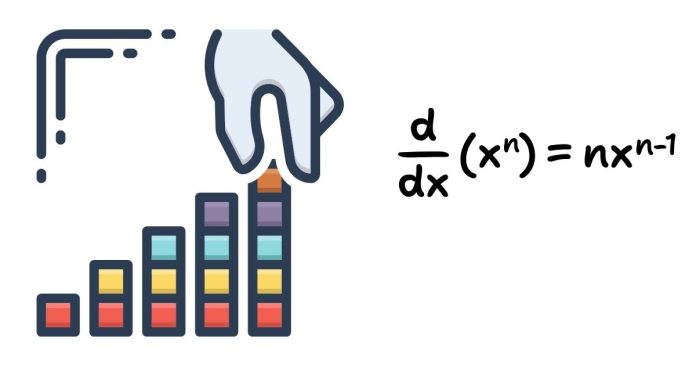The key differences between fundamental and derived units are as follows:
1. Definition:
- Fundamental Units: These are the basic units of measurement that are defined independently and are not derived from any other units. They represent basic physical quantities in the International System of Units (SI). Examples include:
- Meter (m) for length
- Kilogram (kg) for mass
- Second (s) for time
- Ampere (A) for electric current
- Kelvin (K) for temperature
- Mole (mol) for the amount of substance
- Candela (cd) for luminous intensity
- Derived Units: These are units of measurement that are derived from the fundamental units through mathematical relationships or physical laws. They express quantities that are combinations of fundamental units. Examples include:
- Newton (N) for force = kg·m/s²
- Joule (J) for energy = kg·m²/s²
- Watt (W) for power = J/s = kg·m²/s³
- Coulomb (C) for electric charge = A·s
- Pascal (Pa) for pressure = N/m² = kg/(m·s²)
2. Nature:
- Fundamental Units: They correspond to basic physical quantities, which are not dependent on other units.
- Derived Units: These are a result of mathematical relationships between fundamental units, often expressing more complex physical concepts.
3. Representation:
- Fundamental Units: They are represented by their own individual symbols (m, kg, s, etc.).
- Derived Units: They are usually represented by the product or quotient of fundamental unit symbols, sometimes with exponents (e.g., N = kg·m/s²).
4. Examples:
- Fundamental Units:
- Meter (m): unit of length
- Second (s): unit of time
- Ampere (A): unit of electric current
- Derived Units:
- Newton (N): unit of force
- Joule (J): unit of energy
- Pascal (Pa): unit of pressure
5. Independence:
- Fundamental Units: They are independent of other units and are defined based on universal constants.
- Derived Units: They depend on combinations of fundamental units and can vary with different physical situations or systems.
In summary, fundamental units are the building blocks of measurement, while derived units are combinations of these building blocks to describe more complex physical phenomena.


